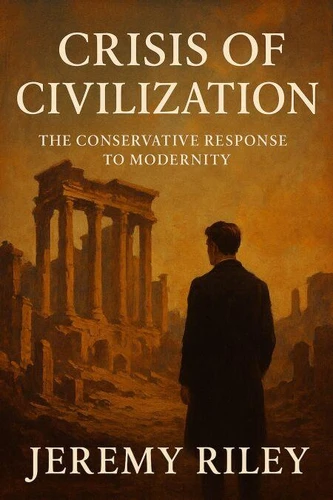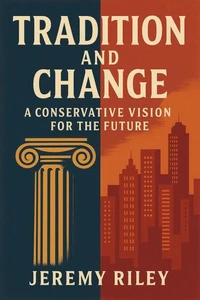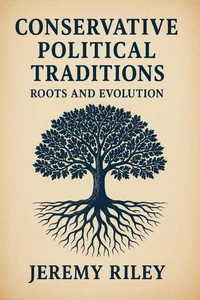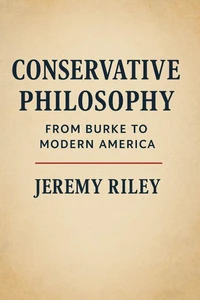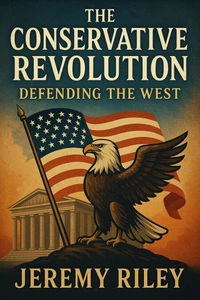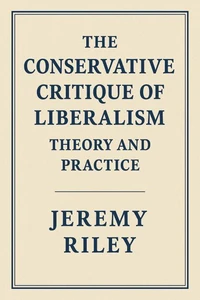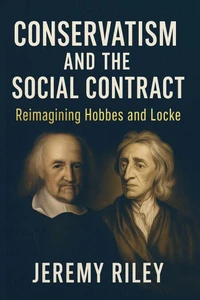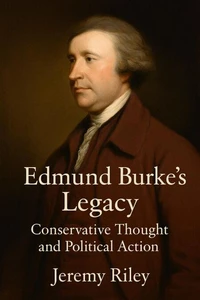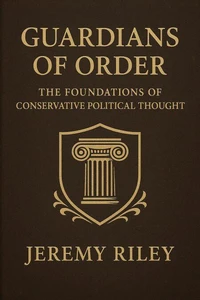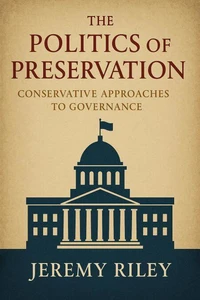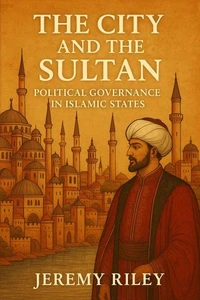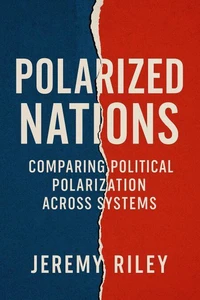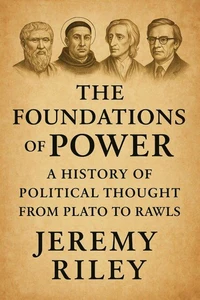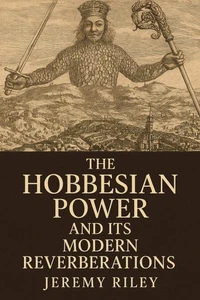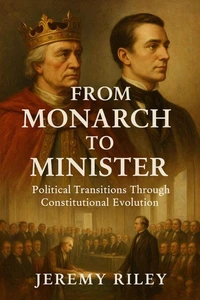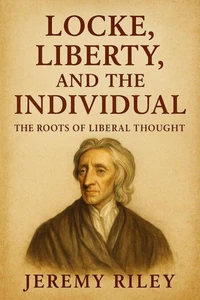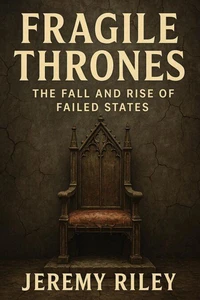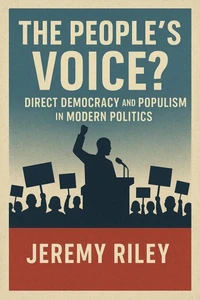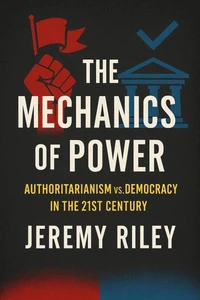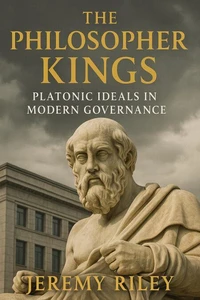Crisis of Civilization: The Conservative Response to Modernity
Par :Formats :
Disponible dans votre compte client Decitre ou Furet du Nord dès validation de votre commande. Le format ePub est :
- Compatible avec une lecture sur My Vivlio (smartphone, tablette, ordinateur)
- Compatible avec une lecture sur liseuses Vivlio
- Pour les liseuses autres que Vivlio, vous devez utiliser le logiciel Adobe Digital Edition. Non compatible avec la lecture sur les liseuses Kindle, Remarkable et Sony
 , qui est-ce ?
, qui est-ce ?Notre partenaire de plateforme de lecture numérique où vous retrouverez l'ensemble de vos ebooks gratuitement
Pour en savoir plus sur nos ebooks, consultez notre aide en ligne ici
- FormatePub
- ISBN8230551805
- EAN9798230551805
- Date de parution21/04/2025
- Protection num.pas de protection
- Infos supplémentairesepub
- ÉditeurIndependently Published
Résumé
"Crisis of Civilization: The Conservative Response to Modernity" by Jeremy Riley explores the intellectual and philosophical journey of conservatism in reaction to the profound transformations of the modern world. The book delves into how conservatism, in its defense of tradition, social order, and moral values, has responded to the forces of modernity, including radical political movements, technological advancements, and the breakdown of traditional societal structures.
Through a deep historical analysis, it examines the conservative critique of key developments such as secularism, individualism, globalization, and cultural revolutions, offering a nuanced defense of preserving the institutions and values that have historically shaped civilization. Drawing on the works of foundational thinkers like Edmund Burke, Friedrich Hayek, and Russell Kirk, this book argues that the conservative response to modernity is not a rejection of change, but a call for a measured and deliberate approach to reform, one that respects the wisdom of the past while navigating the complexities of the present.
Through a deep historical analysis, it examines the conservative critique of key developments such as secularism, individualism, globalization, and cultural revolutions, offering a nuanced defense of preserving the institutions and values that have historically shaped civilization. Drawing on the works of foundational thinkers like Edmund Burke, Friedrich Hayek, and Russell Kirk, this book argues that the conservative response to modernity is not a rejection of change, but a call for a measured and deliberate approach to reform, one that respects the wisdom of the past while navigating the complexities of the present.
"Crisis of Civilization: The Conservative Response to Modernity" by Jeremy Riley explores the intellectual and philosophical journey of conservatism in reaction to the profound transformations of the modern world. The book delves into how conservatism, in its defense of tradition, social order, and moral values, has responded to the forces of modernity, including radical political movements, technological advancements, and the breakdown of traditional societal structures.
Through a deep historical analysis, it examines the conservative critique of key developments such as secularism, individualism, globalization, and cultural revolutions, offering a nuanced defense of preserving the institutions and values that have historically shaped civilization. Drawing on the works of foundational thinkers like Edmund Burke, Friedrich Hayek, and Russell Kirk, this book argues that the conservative response to modernity is not a rejection of change, but a call for a measured and deliberate approach to reform, one that respects the wisdom of the past while navigating the complexities of the present.
Through a deep historical analysis, it examines the conservative critique of key developments such as secularism, individualism, globalization, and cultural revolutions, offering a nuanced defense of preserving the institutions and values that have historically shaped civilization. Drawing on the works of foundational thinkers like Edmund Burke, Friedrich Hayek, and Russell Kirk, this book argues that the conservative response to modernity is not a rejection of change, but a call for a measured and deliberate approach to reform, one that respects the wisdom of the past while navigating the complexities of the present.

